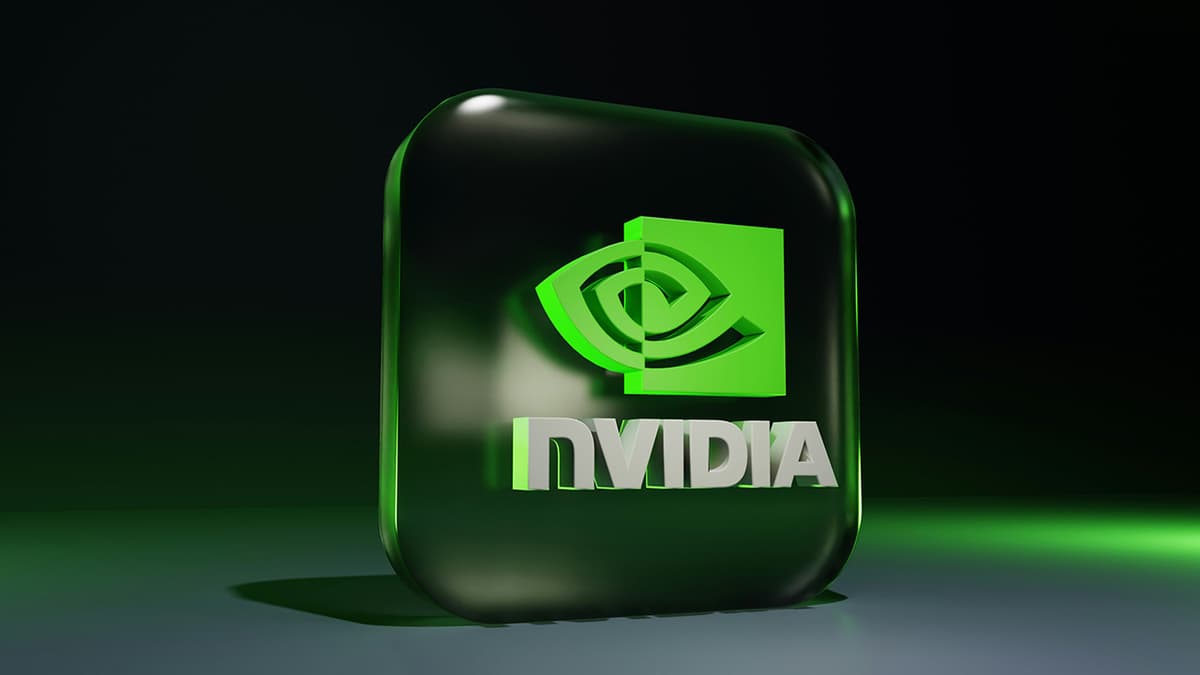OpenAI API vs Azure OpenAI: What's the Difference?
When it comes to accessing advanced AI models like GPT, OpenAI API and Azure OpenAI Service offer two different ways to integrate this technology into applications. While both provide access to the same underlying models, they are distinct in terms of infrastructure, features, and usage options. Let’s break down the key differences to help you decide which one is the better fit for your needs.
Infrastructure and Hosting
OpenAI API is hosted directly by OpenAI. When you use this service, your requests and responses go through OpenAI’s servers. This makes it straightforward to start because you don’t have to worry about setting up or maintaining infrastructure. You simply sign up for an API key and start making requests.
Azure OpenAI Service, on the other hand, is hosted on Microsoft’s Azure cloud platform. This means your data, requests, and responses are processed within Azure’s ecosystem. Azure’s infrastructure is known for its enterprise-grade reliability, and if your organization already uses Azure services, this could make integration easier and more seamless.
Key Takeaway
- OpenAI API is hosted by OpenAI and runs on its servers.
- Azure OpenAI Service operates within the Azure cloud, offering benefits for Azure users.
Access and Pricing
The way you access these services also differs. OpenAI API has its own platform where you can create an account and obtain an API key. Pricing is transparent and based on usage, measured in tokens (pieces of text processed by the model).
Azure OpenAI Service requires an Azure subscription. The service is priced differently based on Azure’s regional and enterprise-focused pricing model. If your company already uses Azure, this might be a more cost-efficient option. Azure also offers additional tools like enterprise agreements and reserved capacity for cost savings.
Key Takeaway
- OpenAI API has standalone pricing based on token usage.
- Azure OpenAI uses Azure subscription models and offers enterprise-friendly pricing options.
Integration and Ecosystem
Using OpenAI API gives you a focused and standalone service. It’s perfect for developers who want to quickly integrate AI without diving into other platforms or ecosystems. The API can be used with various programming languages and frameworks, making it versatile.
Azure OpenAI Service, being part of Azure, integrates seamlessly with the Azure ecosystem. This includes tools like Azure Functions, Azure Data Lake, and Power BI. If you’re building complex applications that need AI alongside other cloud services, Azure’s integration capabilities are a significant advantage.
Key Takeaway
- OpenAI API works as a standalone service for quick integration.
- Azure OpenAI offers tight integration with Azure’s cloud services.
Security and Compliance
Both OpenAI and Azure take security seriously, but their approaches differ slightly. OpenAI API adheres to industry-standard practices for data security, including encryption and strict access controls. However, the data you send to the API is processed by OpenAI’s servers, which might raise concerns for some users.
Azure OpenAI Service builds on Azure’s compliance certifications and security features. This includes HIPAA, GDPR, and ISO certifications, making it more appealing for organizations that operate in regulated industries. Additionally, Azure’s region-specific data storage options provide more control over where data is stored and processed.
Key Takeaway
- OpenAI API ensures strong data security but processes data on OpenAI servers.
- Azure OpenAI offers enhanced compliance and data control options.
Availability and Customization
OpenAI API has global availability and is designed to serve users from various regions. It provides a simple setup, but customization is limited to fine-tuning and prompt engineering.
Azure OpenAI Service provides more flexibility in where the service is hosted, thanks to Azure’s multiple data centers worldwide. Additionally, it offers advanced options for enterprises, such as custom deployments and scaling options tailored to business needs.
Key Takeaway
- OpenAI API focuses on global simplicity and ease of use.
- Azure OpenAI Service offers region-specific hosting and enterprise-grade customizations.
When to Choose OpenAI API
- You need simplicity: If you want to get started quickly without setting up cloud infrastructure, OpenAI API is a straightforward choice.
- Standalone applications: Perfect for independent projects that don’t require extensive cloud integrations.
- Transparent pricing: If you prefer predictable costs based on usage, OpenAI’s pricing structure is easier to follow.
When to Choose Azure OpenAI Service
- Enterprise needs: If you’re part of an organization already invested in Azure, this service is a natural extension.
- Compliance: Azure’s certifications and data residency options are ideal for regulated industries.
- Integration: Great for projects that require combining AI with other Azure tools and services.
Our Opinion
Both OpenAI API and Azure OpenAI Service provide powerful tools for integrating AI into your applications. Your choice will largely depend on your specific requirements. OpenAI API is perfect for quick starts and independent developers, while Azure OpenAI Service shines in enterprise environments where compliance, integration, and customization are critical.
For users in the USA, OpenAI API offers a simpler and more straightforward option. For global markets, especially in regions like the EU, Azure OpenAI Service stands out with its ability to meet stringent local compliance requirements and provide enhanced data residency options.












